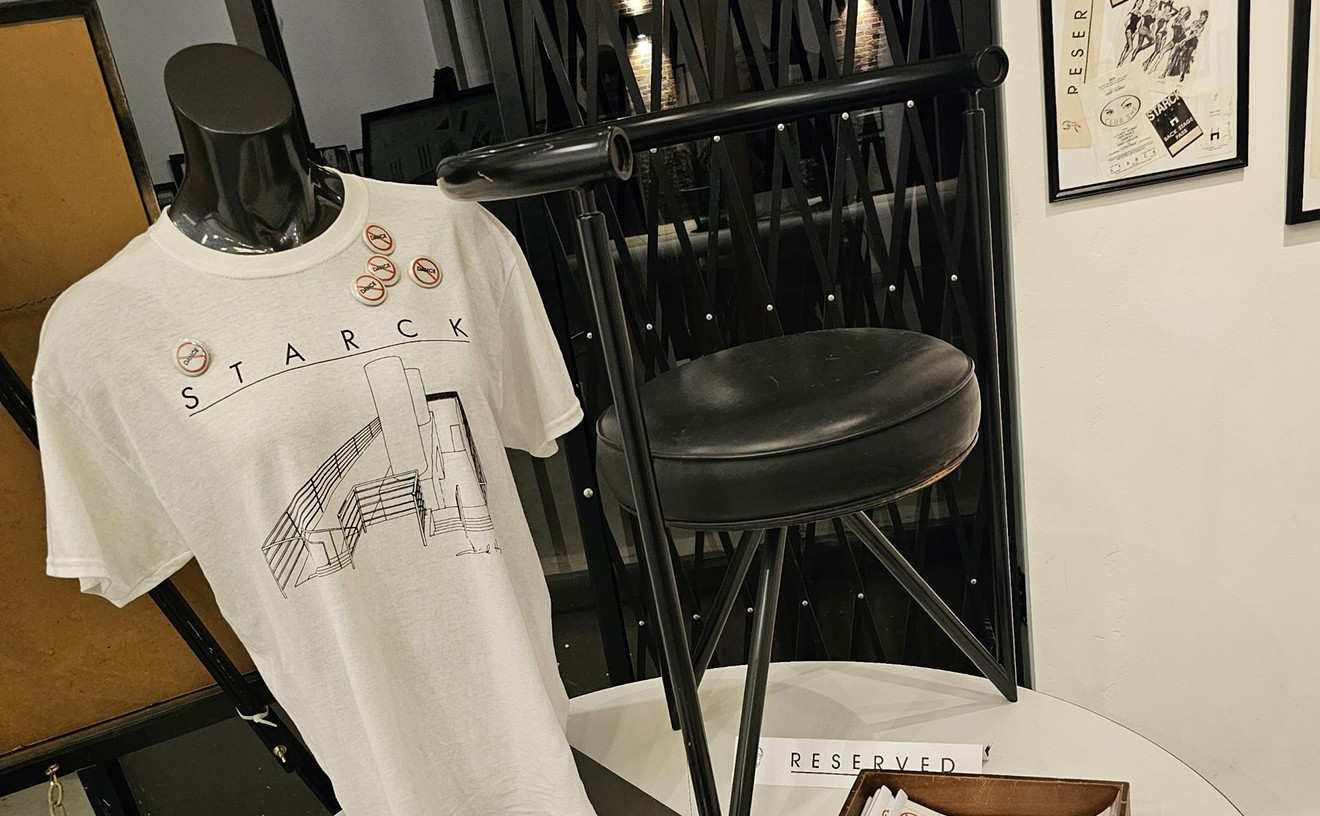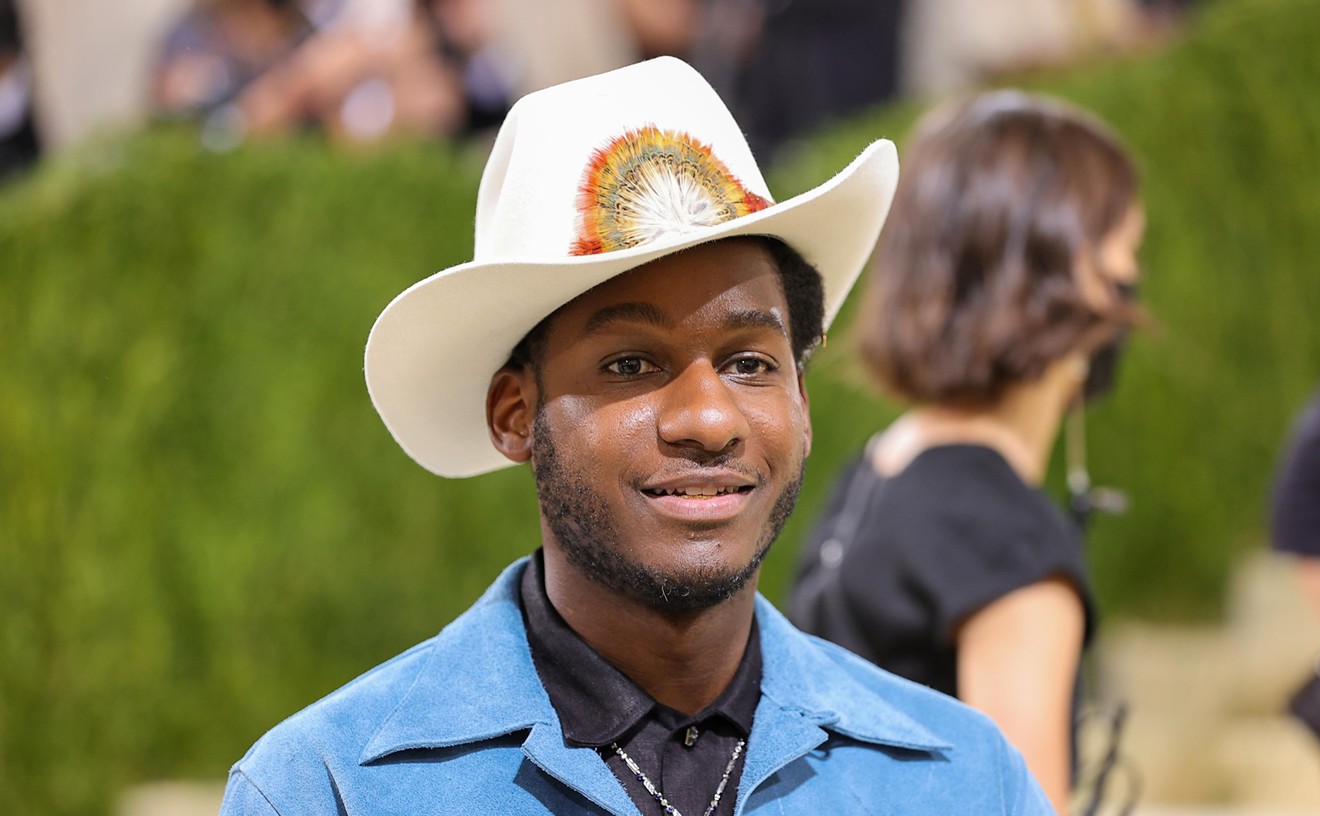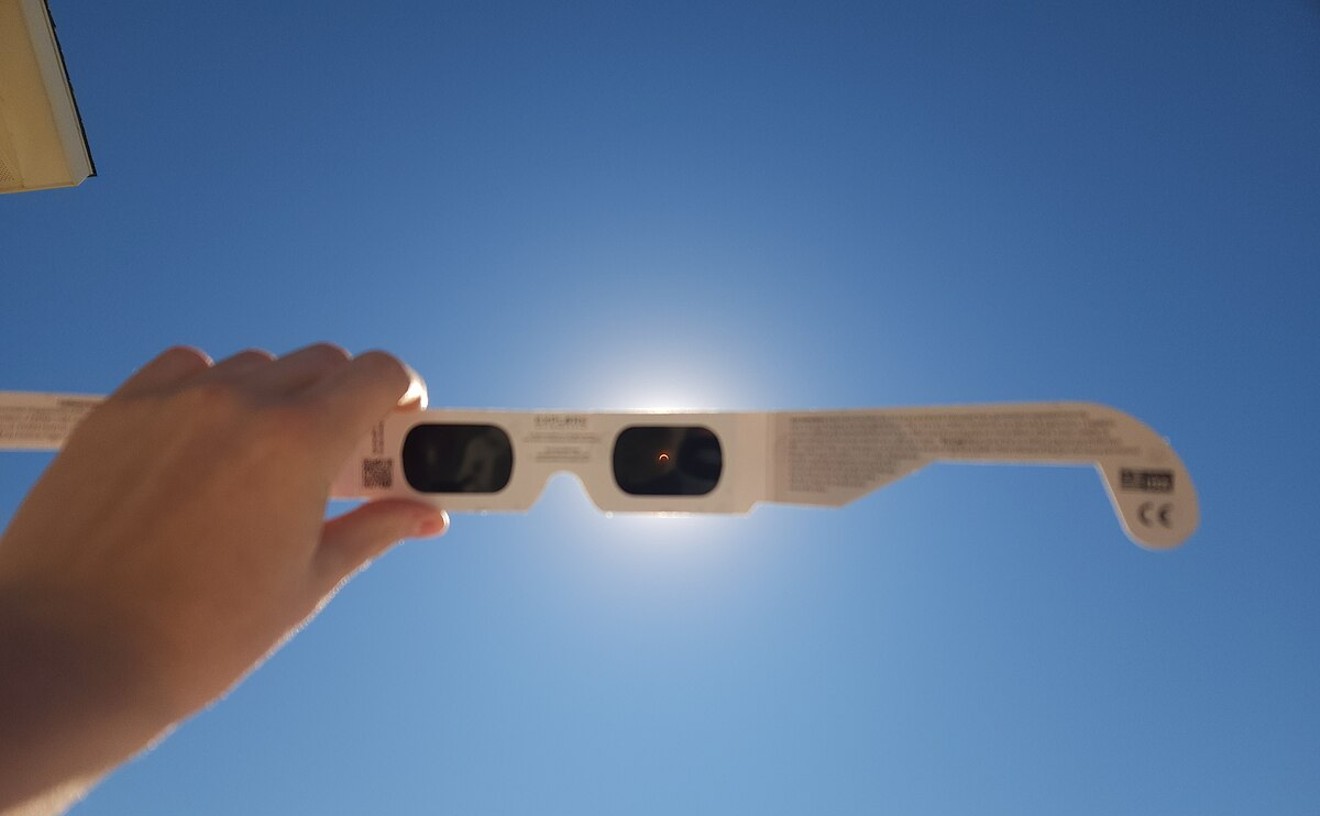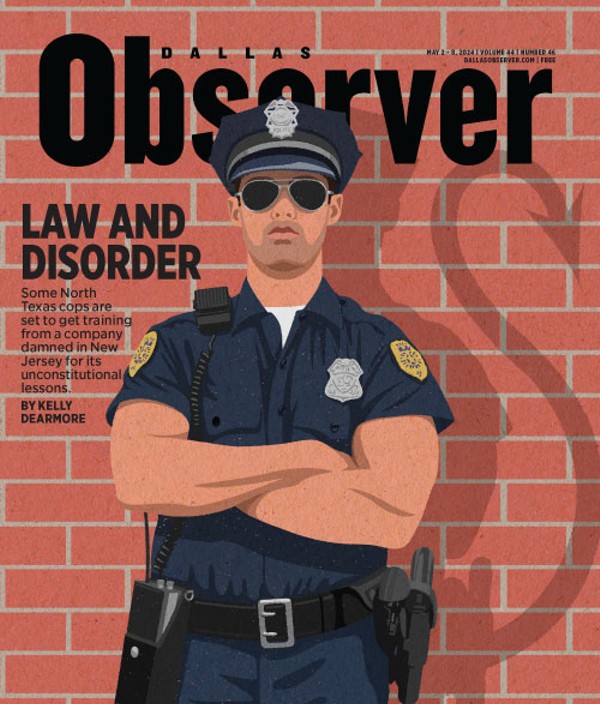It seems that for most classical music institutions the answer to the audience problem is to pander. To program music that's familiar, safe. "Give them more Beethoven," could very well be the marketing strategy. And it might work for a time. Then, if things go well the friendly music would lead to more challenging, more off-center, post-modern, or even, dare we say it, contemporary programming. But that's a long uphill trek up a mountain to find sitting at the top, at least in Dallas, isn't a symphony orchestra at all, but a museum. Because when the Nasher Sculpture Center launched its music series Soundings: New Music at the Nasher, it hopped the gate and immediately began programming thought-provoking concerts. And Wednesday's concert is no different. Centered around Schoenberg's Pierrot Lunaire, the evening also includes music by Kurt Weill and dramatist Bertolt Brecht. Artistic director Seth Knopp chose both of these pieces for the way in which they explore music on the brink of war.
In addition to Soundings, Knopp runs Yellow Barn, a five week intensive chamber music program in Vermont. It was there that someone proposed the idea of recreating the kind of band that Weill wrote many of his with, particularly the songs in collaboration with Brecht, which are in Spanish and English. Since that was written pre-World War II, for Soundings, he wanted to pair it with Pierrot, which was written pre-World War I.
"I wanted to look and see how both reacted to the stirrings of war. and they couldn’t be more different reactions of course," says Knopp. "I think in a way Schoenberg in Pierrot is an unflinching reflection of the time. In Brecht and Weill, you had one who wanted to be more straightforward and one wanted to give the people what they wanted. That’s more popular music so to speak. It’s music that people enjoy without the shadow of the war tainting their experience."
If Pierrot is the “solar plexus of twentieth century music," as Stravinsky once described it, then the Cabaret-style performances of Weill and Brecht are the pleasurable extensions. They are more straightforward performances, in contrast with Schoenberg's atonal Sprechstimme, or "speech song." This intersection of important early 20th century music beckons listeners into the worlds from which they were created. It's difficult not to listen to compositions by either composer without thinking about the world they were spawned from. And, as Knopp sees it, programming like this seems at home amongst the Nasher's permanent collection, which reflects the progression of sculpture in the 20th century.
"Soundings ends up being a reflection of what the Nasher does with the visual arts, there’s a dialogue between the different years of art and different creative voices," says Knopp. "Certainly it's a kind of honoring of tradition in how contemporary music is connected intrinsically to the art."
This concert sits on the calendar of this month's inaugural SOLUNA festival helmed by the Dallas Symphony Orchestra, which features international artists interested in melting music into art and art into performance. Obviously, folding Soundings into the festival was an easy choice. This evening of music sits on the border between performance, music, and art.
Tickets to Soundings: Music on the Brink of War are still available starting at $10. The performance starts at 7:30 p.m. Wednesday.
[
{
"name": "Air - MediumRectangle - Inline Content - Mobile Display Size",
"component": "18855504",
"insertPoint": "2",
"requiredCountToDisplay": "2"
},{
"name": "Editor Picks",
"component": "17105533",
"insertPoint": "4",
"requiredCountToDisplay": "1"
},{
"name": "Inline Links",
"component": "18349797",
"insertPoint": "8th",
"startingPoint": 8,
"requiredCountToDisplay": "7",
"maxInsertions": 25
},{
"name": "Air - MediumRectangle - Combo - Inline Content",
"component": "17105532",
"insertPoint": "8th",
"startingPoint": 8,
"requiredCountToDisplay": "7",
"maxInsertions": 25
},{
"name": "Inline Links",
"component": "18349797",
"insertPoint": "8th",
"startingPoint": 12,
"requiredCountToDisplay": "11",
"maxInsertions": 25
},{
"name": "Air - Leaderboard Tower - Combo - Inline Content",
"component": "17105535",
"insertPoint": "8th",
"startingPoint": 12,
"requiredCountToDisplay": "11",
"maxInsertions": 25
}
]










